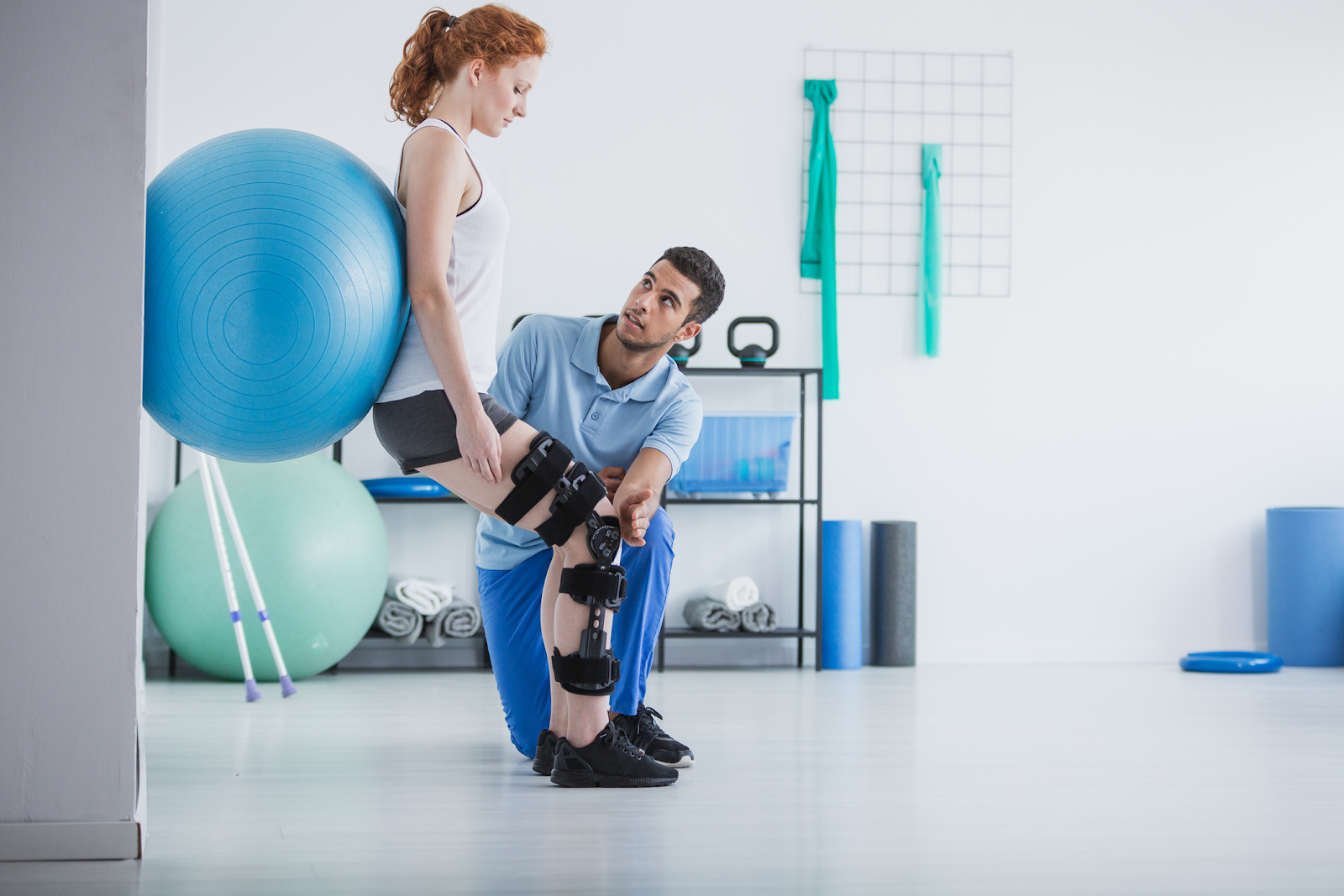Top 7 Benefits of Pilates Workout
If your routine for
exercising fell out of fashion with the pandemic (same), as well as you're
searching for a workout that's relaxing and less drill-sergeant to your tired,
sore body, Look no further than Pilates as a method of exercise that stresses
the core strength, stability and flexibility.
What Is
Pilates?
Pilates describes a
philosophy and exercise style designed to strengthen the body's alignment and
balance through controlled movements and breathing patterns.
It's named for its
founder, Joseph Pilates, who invented the exercise and body conditioning method
in the 1920s to serve as an aid to healing.
It's like yoga in that they both stress the breath and mindful movement. However, yoga places more of an emphasis on the spiritual and contemplative aspects of wellness. At the same time, Pilates tends to be more anatomical, focusing on alignment and control of the physical exercise.
Pilates Health Benefits
Strengthens the core
Many of the exercises
parts of Pilates require and build the core strength.
The muscle group is an infrastructure of support that allows us to achieve effectiveness and balance in our movement along with ease and mobility, breathing and flexibility and alignment during the physiological process.
Improves posture
Pilates is focused on improving posture and includes exercises that strengthen the glute, abdominal, and deep core strength.
Increases flexibility and mobility
Pilates uses fluid
movements and dynamic stability exercises to increase mobility and range of
motion.
Repetition with these fluid movement patterns allows you to improve your range of motion over time due to muscle length improvements and nervous system inhibition.
Back pain is less painful
The less solid your
core is and the weaker your core, the higher the risk of developing back
discomfort.
Pilates will help you stay away from suffering back pain in other activities and everyday tasks, like lifting, reaching or being bent over.
Balances the system
A strong core assists
the body to perform the majority of its automated processes, such as
maintaining equilibrium.
Reduces stress
Exercise has been
found to boost endorphins (the brain's neurotransmitters that make you feel
good) which act as a natural stress reliever.
Pilates also uses
breath-control--another efficient method to help reduce stress feelings at
moments, balance the body's autonomic nervous system, and reduce the long-term
effects of stress-related illnesses, such as depression and anxiety.
Enhances your other workouts
Because Pilates is a
form of exercise that emphasizes the ability to control and quality of movement
by movement, it may be a good supplement to other types of exercise.
Stability throughout the lumbopelvic area and the core is essential to performing more vigorous exercises. Pilates can enhance workouts like distance running or high-intensity activities since it helps recruit deeper stabilizers and allows for better kinetic chain mobility of the limbs.
Rehabs and prevents injuries
However, the area
where Pilates excels is in its ability to lower the risks of pain and injury
and the rehabilitation of injury that has already occurred.
Each movement can be modified to ensure that both athletes and non-athletes alike can find ways to get their bodies moving most efficiently and effectively feasible.
It also helps to
increase flexibility, which helps protect the health of your tendon and muscle
and reduces the possibility of strains and tears.



Hi,
ReplyDeleteThanks for sharing. This post really help me a lot and I have learnt some new things from your blog,Nice post! Thank you for sharing this post with us
Regards,
Sports Injuries Clinic Near me